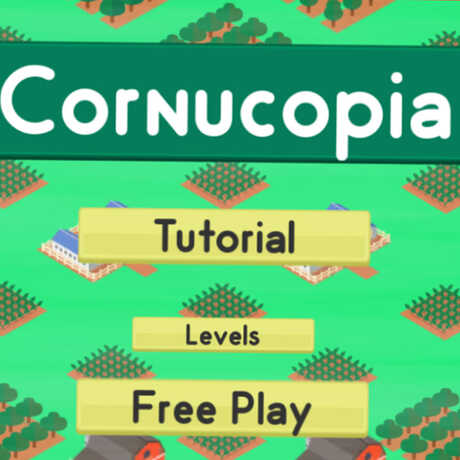How will we meet our water needs in the future without harming the environment?
About This Video
Grade level: 6-10
Length: 3 minutes
NGSS Disciplinary Core Ideas: MS-ESS2.C, MS-ESS3.A, MS-ESS3.C, MS-ETS1.A
In this video, we'll explore key water issues, the water cycle, and some of the technology and techniques used to conserve water. Below are discussion questions you can use in the classroom in conjunction with this video to engage your students in water conservation issues.
Video Discussion Questions
- How many different ways can you think of that we use water?
- Why is water important to animals and ecosystems in addition to people?
- How does water cycle around the Earth?
- What is an aquifer? Why are aquifers important?
- What is threatening aquifers, and why is this a concern?
- How does loss of groundwater affect the ground, and how can we measure this?
- For what purpose does most of our water get used?
- Do we use water efficiently? Are there ways we could improve? How do you think technology could play a role in this now and in the future?
Accompanying Activity: Global Context
Exploring Our Growing Need for Water
In this two-day lesson, students will be introduced to several water sustainability issues, including access to clean freshwater, groundwater depletion, agricultural water use, and water waste.
Connections to the Next Generation Science Standards
While this video doesn't necessarily cover the following standards in depth, it is a compelling resource you can use to supplement your curriculum that does.
Disciplinary Core Ideas (Grades 6-8):
- MS-ESS2.C: The Roles of Water in Earth's Surface Processes
- MS-ESS3.A: Natural Resources
-
MS-ESS3.C: Human Impacts on Earth Systems
-
MS-ETS1.A: Defining and Delimiting Engineering Problems
Crosscutting Concepts (Grades 6-8):
- Influence of Science, Engineering, and Technology on Society and the Natural World
Test Your Farming Skills with this Free Environmental Simulation

While playing Cornucopia—a fast-paced farm simulator—you manage a plot of land, planting crops based on a number of factors, in order to meet a variety of food orders. Keep an eye on your water meter and your crop yields, and earn technology upgrades to make your farm as successful as possible before the season ends.
Fresh Solutions: About This Unit
Humans depend on water, and our need for this precious resource is growing alongside our population. How will we meet the needs of the future without harming the environment? We'll explore the environmental issues related to our water use and how simple choices we make impact our planet. This unit introduces students to the process of design thinking, and culminates in a design thinking challenge related to water conservation issues.
Browse All Materials:
- Activity: Your Hidden Water Footprint
- Activity: Exploring Our Growing Need for Water
- Video: How Do We Meet the Growing Need for Water? [you are here]
- Activity: Rapid Brainstorming: How Can We Conserve Our Water Resources?
- Activity: Sustainable Water Solutions: Weighing the Pros and Cons
- Video: Desalination
- Video: Water-Wise Farms
- Video: Waste Water Recycling
- Video: Recharging Aquifers
- Activity: Fresh Solutions: Design Thinking Challenge
Resources
Project Wet
Project WET (Water Education for Teachers) is an award-winning, nonprofit water education program and publisher. The program facilitates and promotes awareness, appreciation, knowledge, and stewardship of water resources through the dissemination of classroom-ready teaching aids and the establishment of internationally sponsored Project WET programs.
Pacific Institute
The Pacific Institute, a global water think tank, carries out independent research and outreach to improve how threats to sustainability are perceived and solved, and is a reputable resource for those looking for data surrounding California's water resources.
Our Water Curriculum
Developed by the San Francisco Public Utilities Commission, these activities for grades 4-6 also include handy fact sheets on drought, desalination, recycled water, and more!
